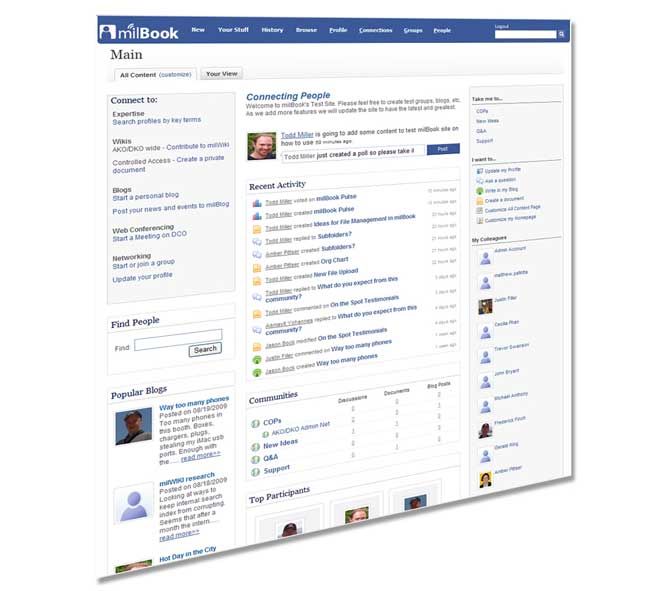Facebook Movies Probe Web’s Newfound Honesty

[WARNING – SPOILERS AHEAD]
Two new movies about Facebook, "The Social Network" and "Catfish," explore how much online identity building has changed in the last decade. Gone are the lame email handles like vududaddy58@aol.com This e-mail address is being protected from spambots. You need JavaScript enabled to view it or boondockmacmanus923@lycos.com This e-mail address is being protected from spambots. You need JavaScript enabled to view it . Today, when we interact with others online, we want to do it as ourselves.
"Catfish," a documentary by Herny Joost and Ariel Schulman, reveals how honest facets of our personality emerge on Facebook, even when the user engages in willful deception. "The Social Network," David Fincher and Aaron Sorkin’s film about Facebook CEO Mark Zuckerberg and the creation of Facebook, explains why that might be.
Fincher and Sorkin, and the actor Jesse Eisenberg, portray Zuckerberg as the kind of autistic nerd whose poor social skills lead him to communicate in only the bluntest and most pragmatic fashion. In the first scene, Zuckerberg accuses his girlfriend, who’s in the process of dumping him, of speaking in code.
And she is.
It is the code of platitudes and white lies that allow most people to move through society without continually upsetting everyone they meet. Zuckerberg, as portrayed, does not speak that language, and by giving voice to his unfiltered thoughts, continually upsets almost everyone he meets.
But online, in the anonymity of the early days of the Internet, Zuckerberg’s character feels at home. Facebook becomes an expression of his brutal forthrightness, with its members forgoing the many subtle cues for expressing sexual availability or professional interest that pervaded society for millennia. Using the exclusivity and prestige of the Harvard University brand as a lure, Facebook convinces fellow students, future investors and eventually more than 500 million other people, to abandon the social morays that rendered Zuckerberg a loveless outcast and face him on the field of his choosing.
Sign up for the Live Science daily newsletter now
Get the world’s most fascinating discoveries delivered straight to your inbox.
By doing so, Zuckerberg doesn’t just level the playing field for geeks everywhere; he codifies the heedless expression of honest desires found in anonymous chatrooms into a culture where users gladly identify themselves in pictures that could cost them their job or relationship.
In the film, Fincher and Sorkin set up blue-blooded Aryan super twins, the Winkelvosses, as Zuckerberg’s foils. These Boys from Brazil by way of Greenwich, Connecticut, are everything Zuckerberg is not: attractive, athletic and most of all, good with people. They sue Zuckerberg, claiming that the dating site they hired him to build for them was the real precursor to Facebook, and that they deserve compensation for the idea.
But, of course, the Winkelvosses could not have invented Facebook. They chat with royalty, earnestly talk about the code of Harvard and join exclusive clubs. The Winkelvoss twins did not need to create an arena where their brusqueness would not offend people, and thus could not have conceived of a social networking platform that allows people to express themselves as nakedly as if they were nerds like Zuckerberg.
In fact, Facebook bears the plain-speaking imprint of its creator so deeply that even those who use it to create a new personality inevitably end up expressing their true self.
In "Catfish," a lonely Michigan housewife sparks up a Facebook relationship with Schulman, the film’s director, as a way out of a difficult life raising two mentally disabled children. But to seduce the filmmaker, she pretends to be her own sexy, artistic daughter.
Thanks to the other great advances of Web 2.0, Google and YouTube, Schulman uncovers the deception, and drives to Michigan to confront the housewife. When he arrives, Schulman discovers a vast fraud that included fabricated online accounts for an entire fake family and circle of friends. He also discovers that in spite of all the lying, the housewife’s Facebook page accurately describe her artistic skill, love of family and emotional wherewithal.
Like a Rorscach test, Zuckerberg’s creation draws out psychological honesty regardless of how hard the user resists.
Movies about Web 1.0, such as "Hackers" and "Sneakers," emphasized how one could use the web to conceal their identity. "The Social Network" and "Catfish," the first serious Web 2.0 movies, seem to argue the exact opposite: On the new Internet, with Facebook broadcasting your every move and Google available for fact checking, we can only be ourselves, whether we want to be or not.
The Social Network opens nationwide this Friday, and Catfish is already out in limited release.












